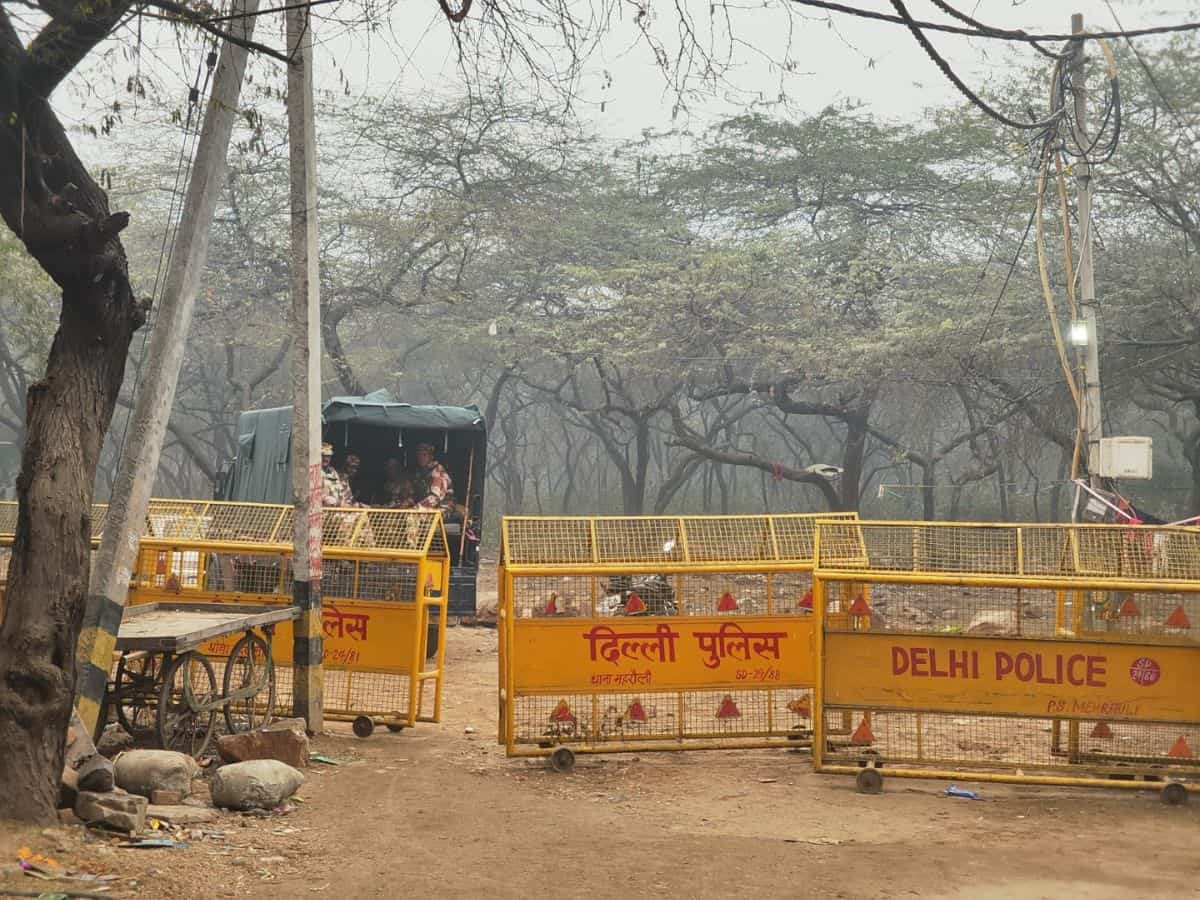
The Delhi High Court rejected a plea seeking permission for offering Ramzan prayers at the now demolished 600-year-old Akhoondji mosque located in Mehrauli.
The order was passed on March 11.
The plea, filed by Muntazmia Committee Madarsa Behrul Ulum and Kabristan, sought permission for locals to be allowed to offer Ramzan prayers at the demolition site.
“The reasoning given in the aforesaid order dated 23.02.2024 squarely applies in the context of the present application as well. In the circumstances, there is no justification for this Court to take a different view. As such, this Court is not inclined to grant the relief/s sought in the present application and the same is consequently dismissed,” the Court said.
Background
On January 31, the Delhi Development Authority (DDA) demolished the 600-year-old Akhoondji mosque (also known as the Jinnat Wali Masjid or Dargah Akhundji) and adjacent graveyard located in Mehrauli, citing the religious structures were built illegally. The demolition took place early morning, before the pre dawn (Fajr) prayers, in the presence of police.
When the masjid imam reached the site, he was not allowed to enter the mosque and his phone was snatched to prevent him from contacting others during the demolition. “I was not allowed to enter the masjid by the DDA officials. The officials forcefully took away my phone so that I could not contact anyone when the demolition was happening,” he said, adding he was not even allowed to take copies of the Holy Quran, which were inside the mosque.
On February 5, the high court asked the DDA to maintain the status quo on the site where the mosque once stood.
On February 23, the Delhi Waqf Board submitted a plea to the Delhi HC asking permission to offer prayers on the occasion of Shab-e-Barat.
Muslims seek forgiveness from Allah for their sins and those of their ancestors on Shab-e-Barat (the night of atonement).
However, the high court rejected the plea citing the land now comes under the DDA. “At this stage, the court is not inclined to pass any directions. The application is dismissed,” the court had observed.



